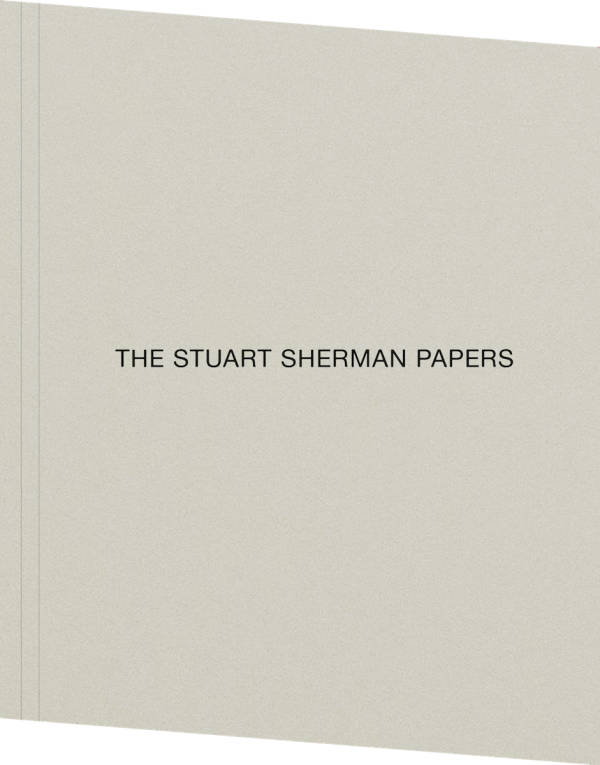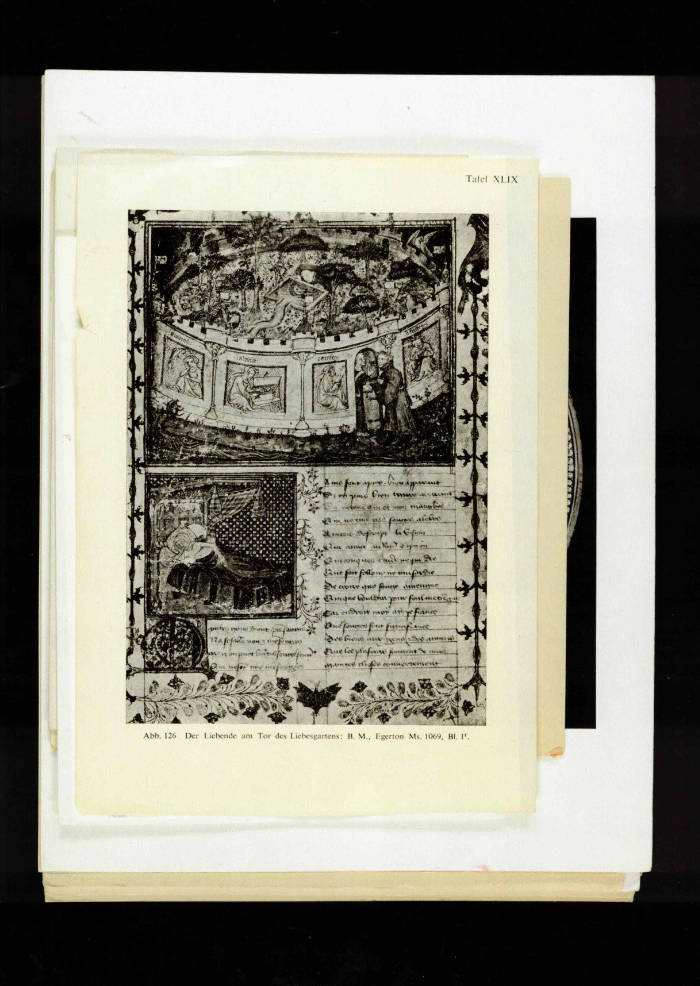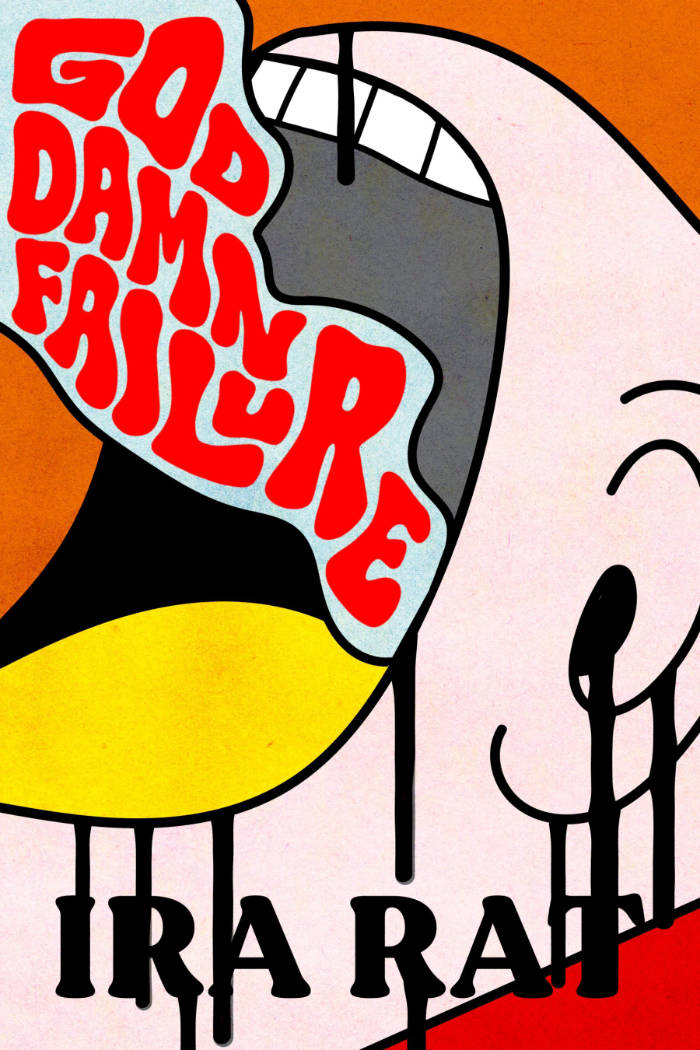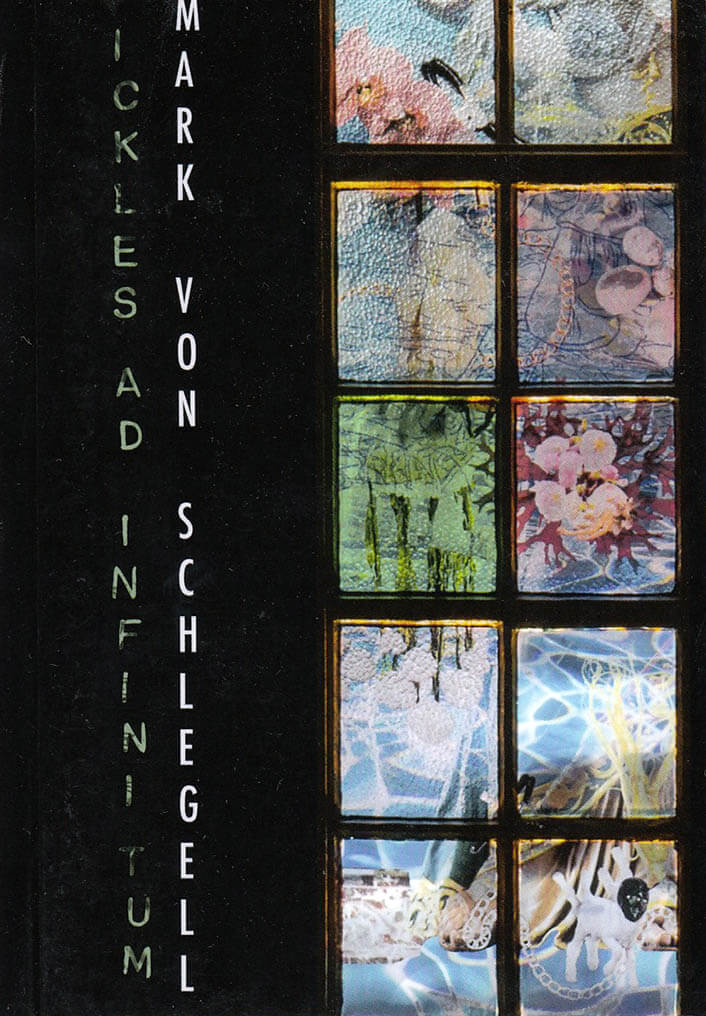This collection of poetry, prose, and other texts is the first publication dedicated to the writing of the late performance, video, and visual artist Stuart Sherman.
The Stuart Sherman Papers presents a selection of facsimile reproductions from his archive at New York University's Fales Library. This collection of entries is not exhaustive but conveys the diversity in Sherman’s writing, which used the ever-expanding vocabulary of the English language as a plastic material to study the abundance of meaning that can be derived through playing with combinations, order, and proximity of words. The texts reproduced here leave his edits, scribbles, and notes to self intact, presenting the page as Sherman last engaged with it.
With text contributions by Sally Banes, Mark Bradford, Michiel Huijben, and Nicholas Martin. Photographs by Nathaniel Tileston and Paolo Rapalino.
Editor: Michiel Huijben
Graphic design: Loes Verstappen
Copy editing: Harriet Foyster
Lithography: Marc Gijzen
Stuart Sherman (1945–2001) was a New York-based artist best known for his performances and video, but working in a variety of visual and literary media. He performed, exhibited, and lectured throughout the United States, Europe, and Asia. Sherman died of AIDS in San Francisco in September 2001.






